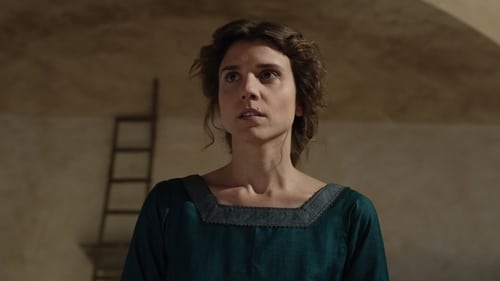
Camera Operator
It's 1348. The plague has brutally hit Florence. A group of then young people, seven women and three men, rebel against the feeling of death that is about to swallow them. They flee the city and find refuge in an abandoned villa in the Tuscan hills. Here, between moral doubts and the tasks needed to survive, they kill time by telling each other stories until they will decide to return. The stories are varied - tragic, bizarre, funny or erotic - but common and central to all of them is the female presence.

Cinematography
A chronological look at the creative life of Luchino Visconti (1906-1976). It examines his theatricality, role in the neorealist movement, use of melodrama, and relation to decadence. It touches on the impact of a fabulously wealthy childhood, his writing for "Cinema," his politics, his work with Renoir, his appreciation of Thomas Mann, and his deep knowledge of literature and the arts. Visconti moves constantly between film and the theater, staging plays provocatively, working with Maria Callas at La Scala, and shooting films in theaters. Clips from his films and interviews with actors, crew members, and critics provide details for this portrait of creativity.

Cinematography
A documentary about Roberto Rossellini and the making of his 1950 film "Stromboli."

Director of Photography
A testament of the greta B-movie director Lucio Fulci, whose films inspired great director like Quentin Tarantino. Lucio Fulci gift a long meditation about moviemaking fascinating for his sincerity, irony e clearness, about his filmmaking and his particular career.

Cinematography

Camera Operator
An epileptic 12-year-old girl, Pippi, is hospitalized in the psychiatric ward instead of the neurological ward, due to an administration error. Out of this mistake begins the difficult journey towards being cured.

Cinematography
The heart of the legs.


